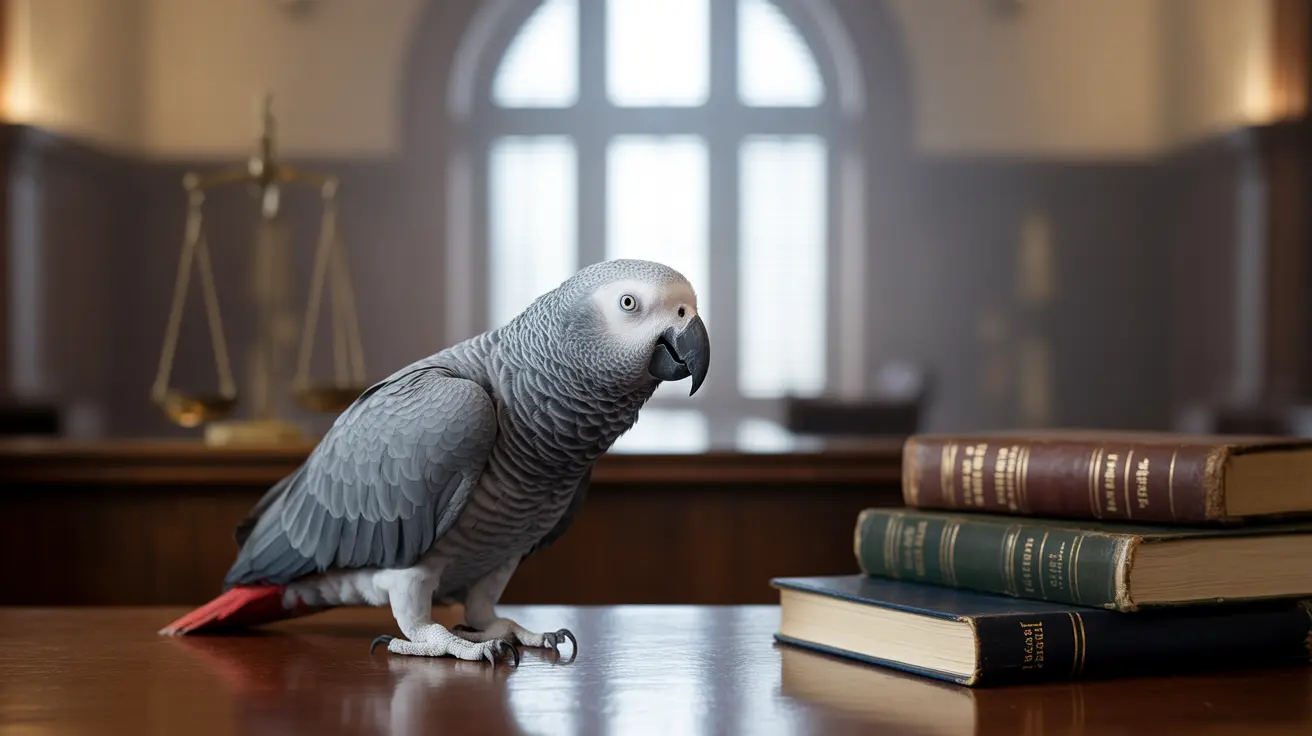Understanding What Type of Milk Cats Can Safely Drink
Cats are beloved companions, and many pet owners want to share treats with their furry friends—including milk. However, giving a cat the wrong type of milk can lead to digestive issues and general discomfort. Understanding the best and safest milk options is vital for maintaining your cat’s health.
Can Cats Drink Cow's Milk?
While the image of a cat lapping up a bowl of milk is popular,
regular cow’s milk is not recommended for most adult cats. Many cats are
lactose intolerant, which means their bodies do not produce enough of the enzyme lactase needed to digest lactose, the sugar found in milk. Ingesting cow’s milk can cause:
- Diarrhea
- Stomach cramps
- Gas and bloating
For kittens, milk is essential, but they obtain the right nutrients from their mother’s milk or a specially made kitten formula.
Safe Milk Alternatives for Cats
If your cat likes milk, there are safer options specifically made for them. The most commonly recommended types include:
- Lactose-Free Milk: Milk that has the lactose removed or broken down, often available in grocery stores labeled as lactose-free dairy milk.
- Commercial Cat Milk: This milk is specially designed for felines, with reduced or no lactose, and often includes added nutrients like taurine.
- Kitten Milk Replacers (KMR): These are high-nutrient formulas made for orphan kittens or those not nursing from their mother.
Can Cats Drink Plant-Based Milks?
Plant-based milks are increasingly popular among humans, but are they safe for cats? Generally, they are not suitable as replacements for a cat’s nutritional needs.
Common plant-based milks include:
- Almond milk: Low in lactose, but can be high in sugar and lacks nutrients cats need.
- Soy milk: Potential allergen and can disrupt hormonal balance in cats.
- Oat milk: May be better tolerated, but still not a nutritional match for a feline diet.
- Coconut milk: High in fat and lacks essential nutrients.
While a small, unsweetened amount of plant-based milk might not harm your cat, it should never be a regular treat or dietary staple.
How to Introduce Milk to Your Cat’s Diet
If you want your cat to enjoy milk as an occasional treat, follow these tips:
- Start with a small amount (1-2 tablespoons).
- Monitor for any digestive reactions such as vomiting, soft stool, or flatulence.
- Ensure the milk is chilled but not ice cold to avoid a temperature shock.
- Avoid sugary, flavored, or chocolate milk which are harmful to cats.
Hydration and Nutrition: Water Over Milk
It’s important to remember that
fresh drinking water should always be the main source of hydration for cats. While milk might feel like a treat to you, it doesn’t offer much nutritional benefit and can disrupt their balanced diet.
Conclusion: The Best Milk for Cats
In conclusion, adult cats should avoid cow’s milk unless it is lactose-free. The best option is specially formulated
cat milk or lactose-free alternatives. These are safer and better suited to a feline’s digestive system. Any milk should be an occasional treat, not a dietary substitute.
Always consult your veterinarian before making changes to your pet’s diet, especially if your cat has existing health conditions. With responsible attention to what your cat consumes, you can ensure they stay happy, healthy, and free from unnecessary digestive discomfort.





